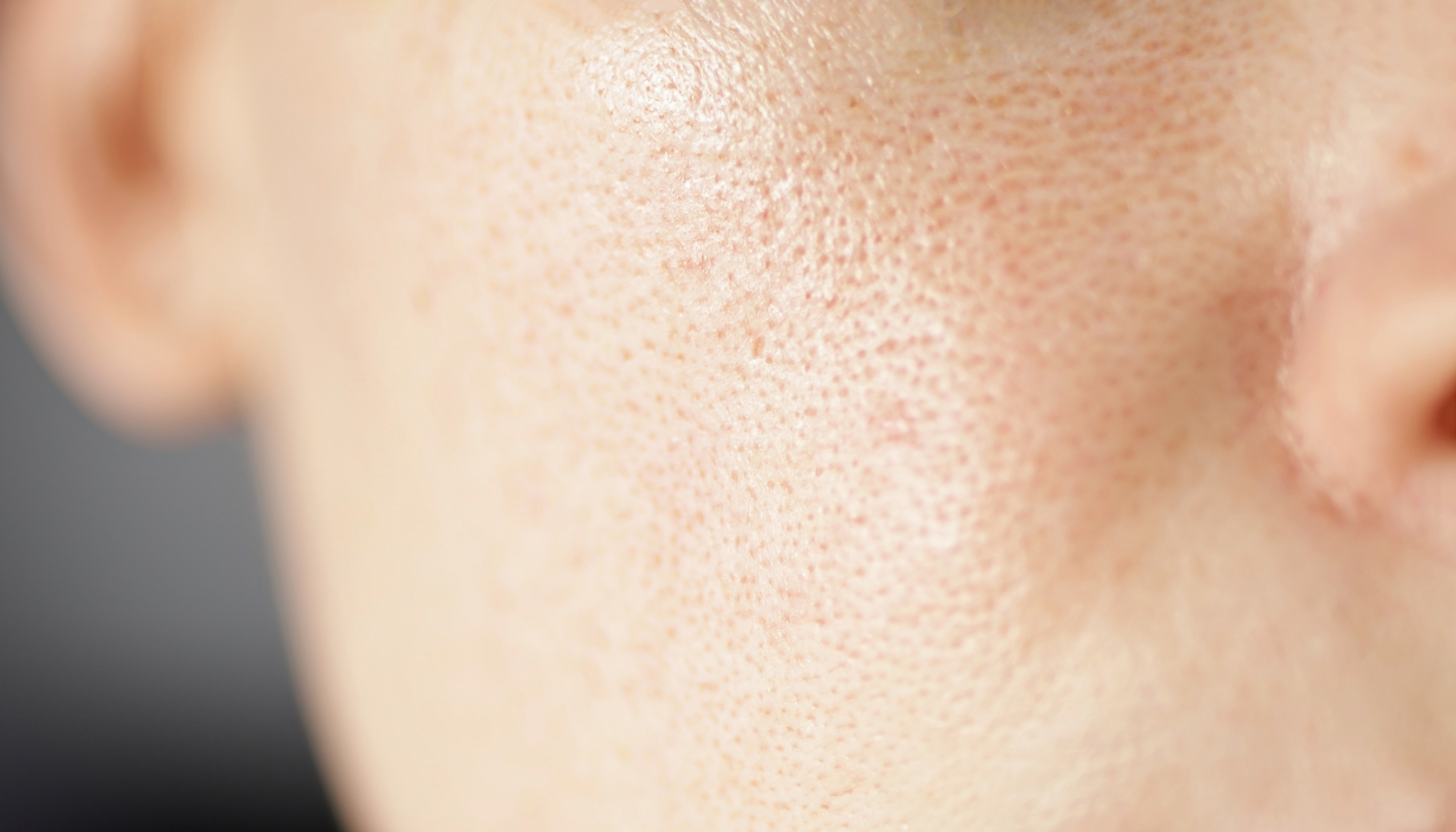Gut Trouble? 7 Early Signs You’re Off-Balance and What to Do
Sign 3: Skin Reactions

The skin is often a reflection of what's happening inside the body, and gut health is no exception. Conditions such as acne, eczema, or rosacea can be linked to an imbalanced gut. The gut-skin axis is a pathway through which gut health influences skin condition. An imbalance can lead to increased inflammation and permeability, allowing toxins and pathogens to enter the bloodstream and trigger skin reactions. Addressing gut health through dietary changes, such as reducing sugar and processed foods, and incorporating anti-inflammatory foods can lead to clearer, healthier skin.
Sign 4: Mood Swings and Anxiety

The gut-brain axis is a bidirectional communication system that connects the gut and the brain. An imbalance in gut bacteria can affect this communication, contributing to mood swings, anxiety, and even depression. The production of neurotransmitters like serotonin and dopamine is influenced by gut health, highlighting the importance of a balanced microbiome for mental well-being. Strategies to restore harmony include consuming prebiotics and probiotics, engaging in regular physical activity, and practicing mindfulness or relaxation techniques to reduce stress and support gut-brain health.
